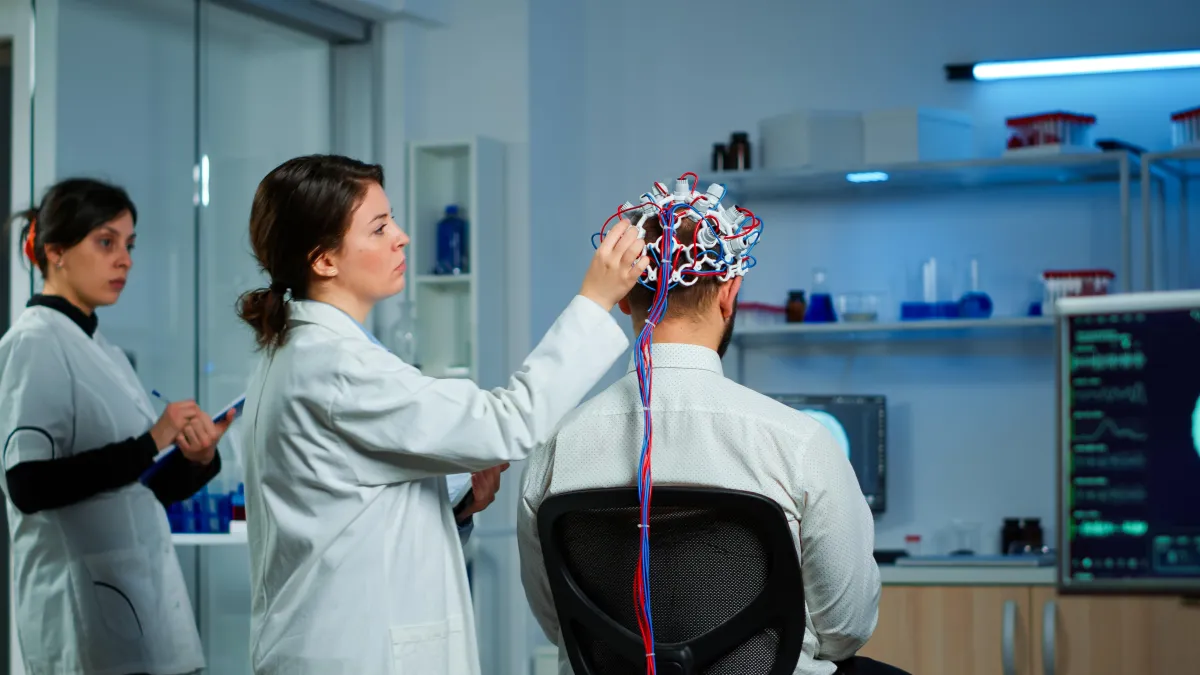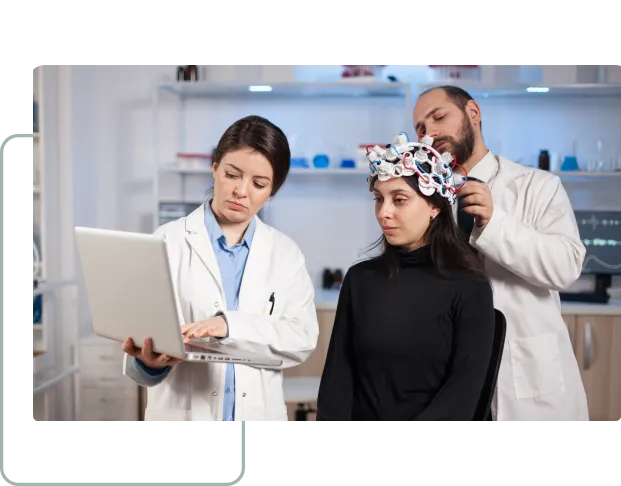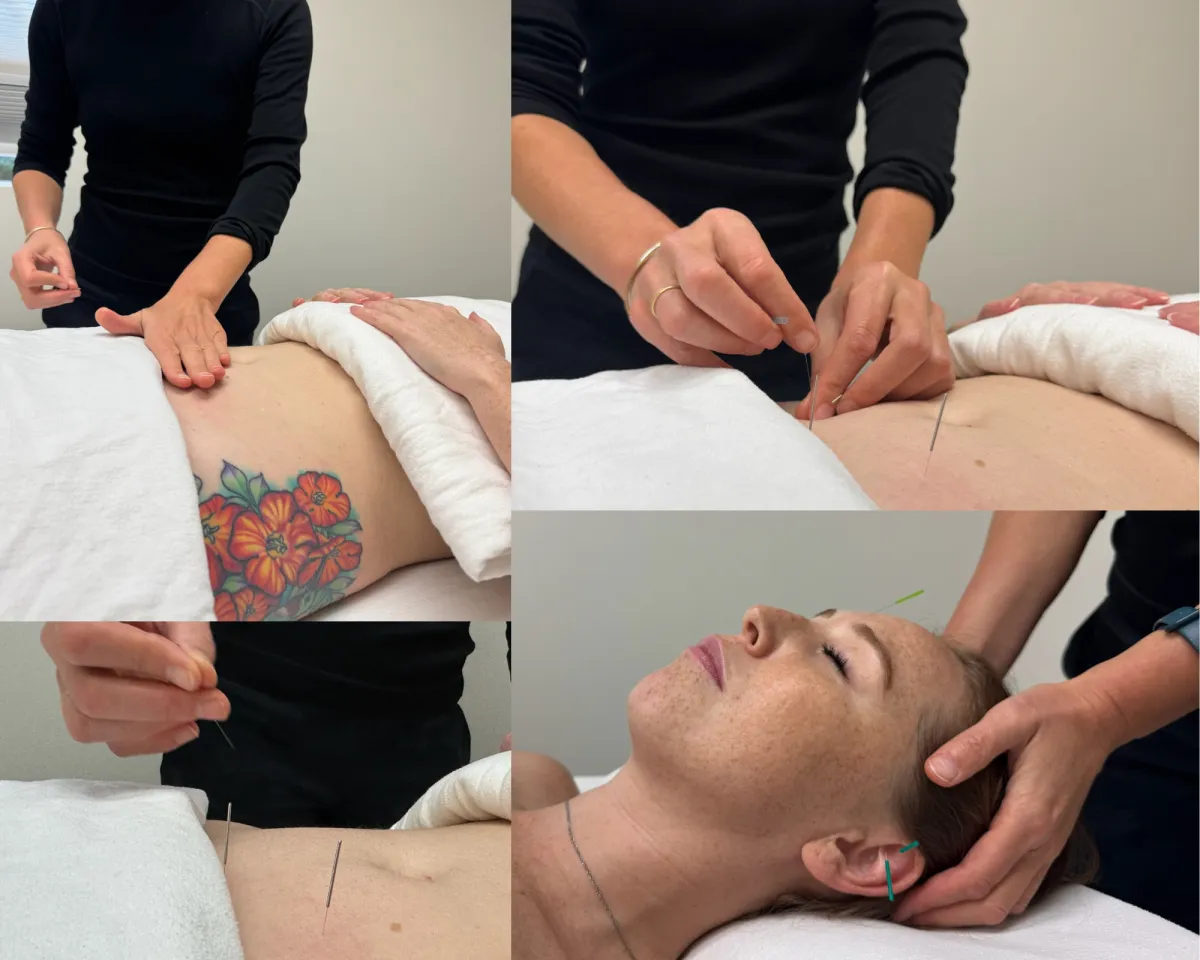Have Questions? Call or Text Me!
Get A Quote
Nervous System Regulation and Mindfulness Techniques
Home >> Services

Nervous System Regulation and Mindfulness Techniques
Nervous system regulation through mindfulness techniques focuses on fostering awareness of bodily sensations, thoughts, and emotions to promote relaxation and stress reduction. By practicing mindfulness meditation, deep breathing exercises, or yoga, individuals can activate the parasympathetic nervous system, which counteracts the stress response and enhances overall well-being. These techniques are recognized for their ability to improve mental clarity, resilience to stress, and emotional balance. Incorporating mindfulness into daily routines supports neurological health by reducing cortisol levels and promoting neural plasticity. As part of integrative health practices, mindfulness techniques offer a natural and accessible approach to managing anxiety, improving sleep quality, and cultivating a sense of inner calm and focus.


Service Benefits
In today's whirlwind, our nervous systems are constantly bombarded by stress. Deadlines, commutes, and constant information overload keep us in fight-or-flight mode, impacting our physical and mental health. The good news? Mindfulness and nervous system regulation offer a powerful toolkit. These practices empower us to reconnect with ourselves, manage stress effectively, and experience a newfound sense of balance.
Manage Stress Effectively
Boost Focus and Productivity
Strengthen Relationships
Overall, nervous system regulation and mindfulness techniques empower employees to thrive, leading to increased satisfaction, productivity, and a more positive work experience.
Why Choose Nervous System Regulation and Mindfulness Techniques?
Nervous system regulation and mindfulness techniques offer effective tools for managing stress and enhancing mental well-being. These practices focus on calming the nervous system through techniques such as deep breathing, meditation, and mindful awareness of thoughts and sensations. Choosing nervous system regulation and mindfulness techniques promotes resilience against stress-related health issues like anxiety, depression, and insomnia.
By fostering a balanced state of mind and body, these practices empower individuals to cultivate inner peace and improve overall quality of life.

FAQs
Discover answers about the benefits of mindfulness, how to start practicing, and integrating these techniques with other therapies for enhanced mental well-being.
What is nervous system regulation?
Nervous system regulation refers to practices and techniques aimed at maintaining or restoring the balance of the autonomic nervous system, which controls involuntary bodily functions like heart rate and digestion.
How do mindfulness techniques help with stress?
Mindfulness techniques, such as meditation and deep breathing, promote relaxation responses in the body, reducing the physiological effects of stress and enhancing emotional resilience.
What are the benefits of practicing mindfulness?
Mindfulness practice can lead to improved focus, reduced anxiety and depression symptoms, better sleep quality, and enhanced overall emotional well-being.
Can mindfulness techniques be used alongside other therapies?
Yes, mindfulness techniques are often integrated into various therapeutic approaches to complement treatment for conditions like chronic pain, PTSD, and substance use disorders.
How long does it take to see benefits from nervous system regulation and mindfulness practices?
The timeline for experiencing benefits varies among individuals, but regular practice over weeks or months often yields noticeable improvements in stress management and overall mental health.
Are there different types of mindfulness techniques?
Yes, mindfulness techniques can include mindfulness meditation, body scan meditation, mindful breathing exercises, and mindful movement practices like yoga or tai chi.
Can anyone practice nervous system regulation and mindfulness techniques?
Yes, these techniques are generally accessible to anyone regardless of age or physical condition. They can be adapted to suit individual needs and capabilities.
Are there risks associated with practicing mindfulness?
Mindfulness is considered safe for most people, but beginners may initially find it challenging to maintain focus or experience discomfort during meditation. Consulting a qualified instructor can help address these concerns.
